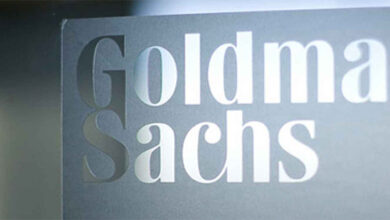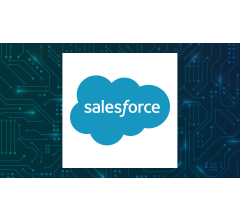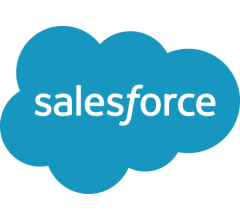Why Alphabet may acquire HubSpot: Data, data and more data

To buy HubSpot or not to buy HubSpot? That is the question for Alphabet.
Alphabet — parent company to Google and YouTube — is in talks around a massive acquisition of the Boston-based CX tech vendor valued at nearly $35 billion, according to an exclusive reported by Reuters, which also said Google had not tendered a formal offer to Hubspot.
Neither Google nor HubSpot offered comment for this story.
Google has many cloud services used in marketing, e-commerce, CRM and customer service, but doesn’t have the actual applications and desktop interfaces; HubSpot would provide those for customer service, marketing and CRM. On the e-commerce side, while HubSpot doesn’t have a full e-commerce application, it has integrations with the big players such as Shopify and payments through Stripe.
HubSpot, which launched in 2006, began as a marketing platform and in recent years added CRM and customer service tools. Perhaps HubSpot’s biggest asset in Alphabet’s eyes would be its almost two decades’ worth of marketing data — and performance measurement of marketing campaigns — to drive its AI services and chatbots in development.
The acquisition may indeed be all about the data, speculated Michael Jaconi, CEO and founder of Button, a data-tracking platform for e-commerce companies and those who run affiliate models. HubSpot generates a rich set of first-party conversion data — attributing sales to particular ads, links or influencers — that is worth more by day as Google deprecates third-party cookies, and regulators train their sights on consumer data protections.
“Businesses fueled by ad-based revenue models will need to bolster their sources of conversion data and of first-party data to compete in a privacy-first digital economy thrust upon them by regulators and by Apple,” Jaconi said.
Alphabet could be seeking ways to make ad sales more successful for Google and YouTube after a disappointing 4th quarter in 2023. The deprecation of third-party cookies and scrutiny by antitrust officials could also explain why Alphabet would want to invest in its advertising infrastructure, as well as increasing competition with other ad platforms such as Meta, TikTok and Amazon.
The question is, would regulators allow it? It might be a tough sell, said Liz Miller, Constellation Research analyst. Owning the world’s biggest online ad platform — which accounts for a majority of Alphabet’s revenue — for Google search, which is under investigation for monopolistic behavior, and then buying software that controls in the inbound customer relationships, might raise too many “giant red flags” to pass regulatory muster.
It also might raise questions about HubSpot customers getting preferential treatment or access to different analytics tools than customers of other marketing and advertising technologies, she added.
“I don’t necessarily think that this is the move that’s going to be right for Google and, quite frankly, right for HubSpot,” Miller said. “It’s one thing for Google to make an offer, but it’s another thing for HubSpot to say yes in this environment. HubSpot is also opening itself up to regulatory scrutiny, and is the board going to want that?”
Don Fluckinger is a senior news writer for TechTarget Editorial. He covers customer experience, digital experience management and end-user computing. Got a tip? Email him.



